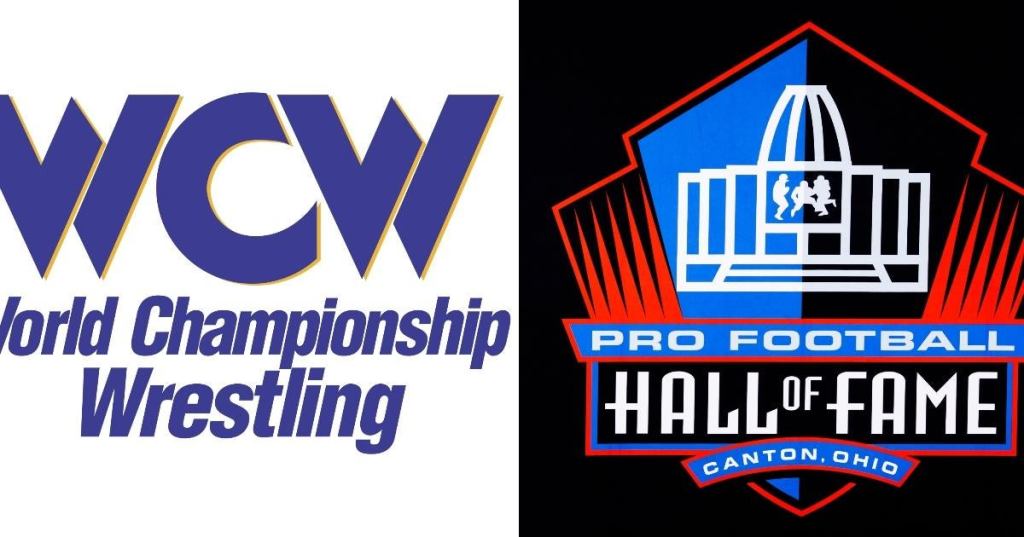-
WCW Alum and Super Bowl Champion Dies of ALS: Steve McMichael Was 67
Chicago Bears legend Steve McMichael announced he was batting ALS in 2021.
-
Meghan Markle and Prince Harry’s Six-Figure Donation to Women’s Center Revealed
More details on the former royals’ charitable efforts are coming out.
Lifestyle
Lifestyle news and updates on PopCulture.com










